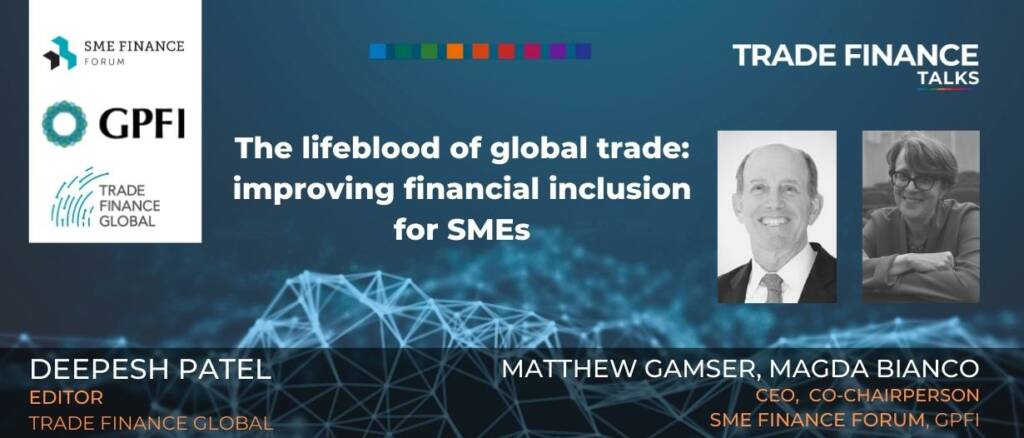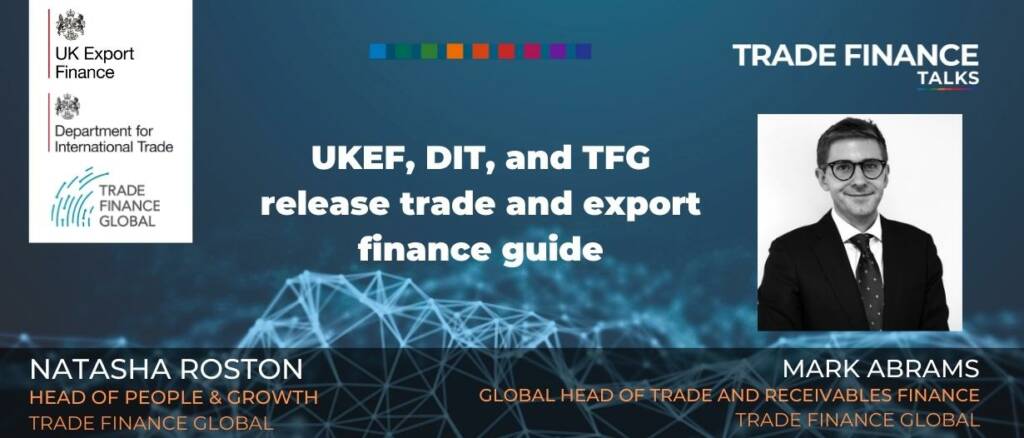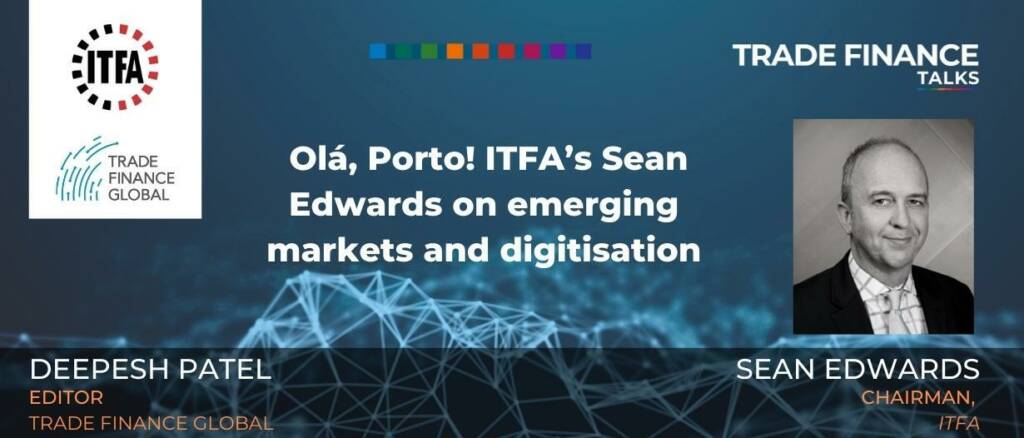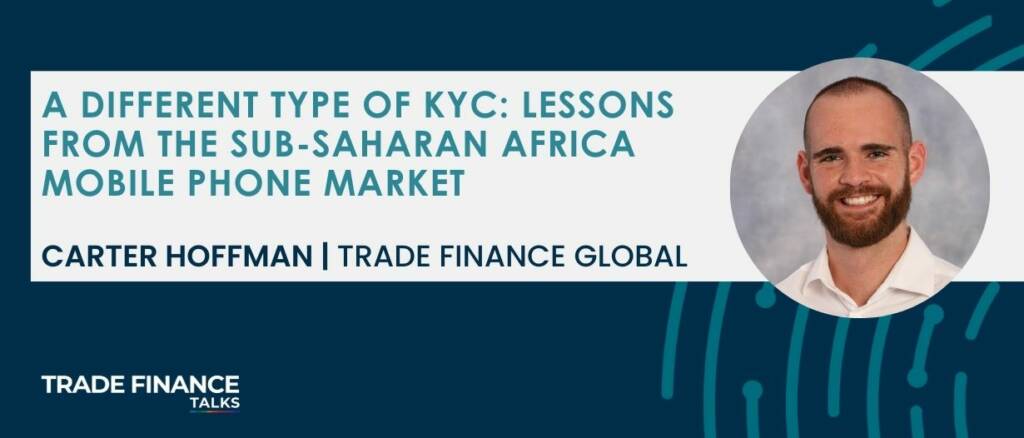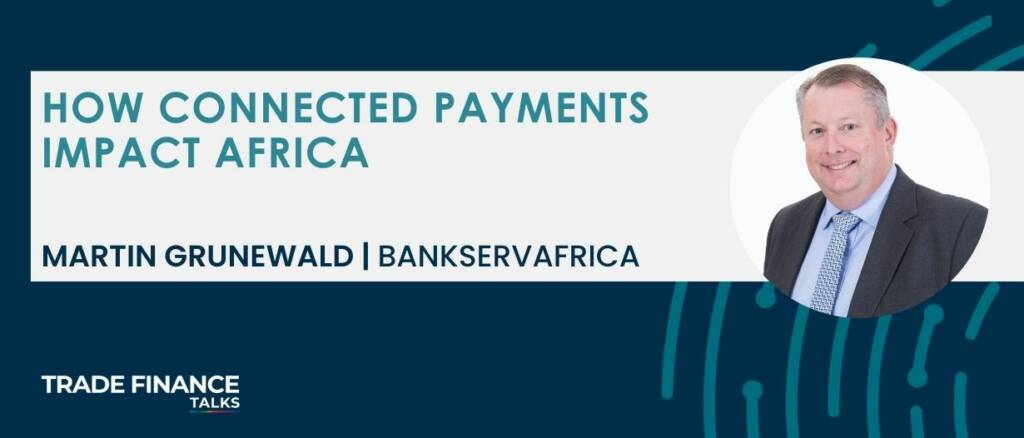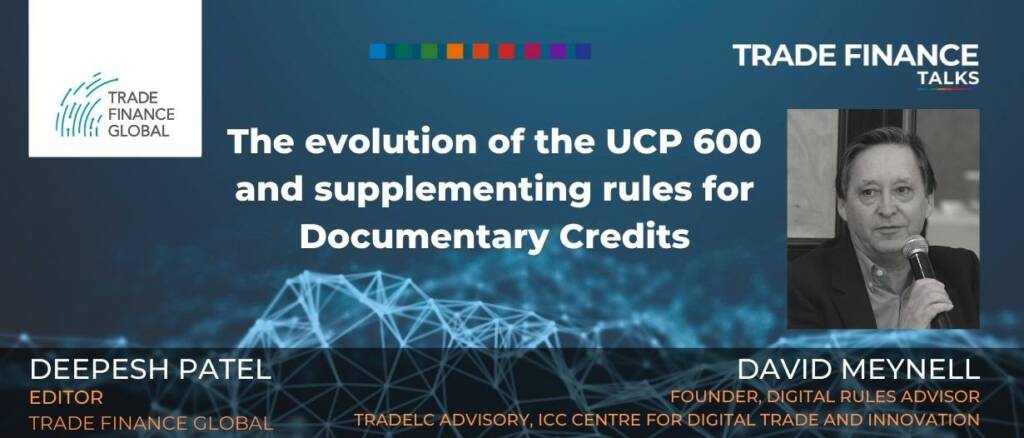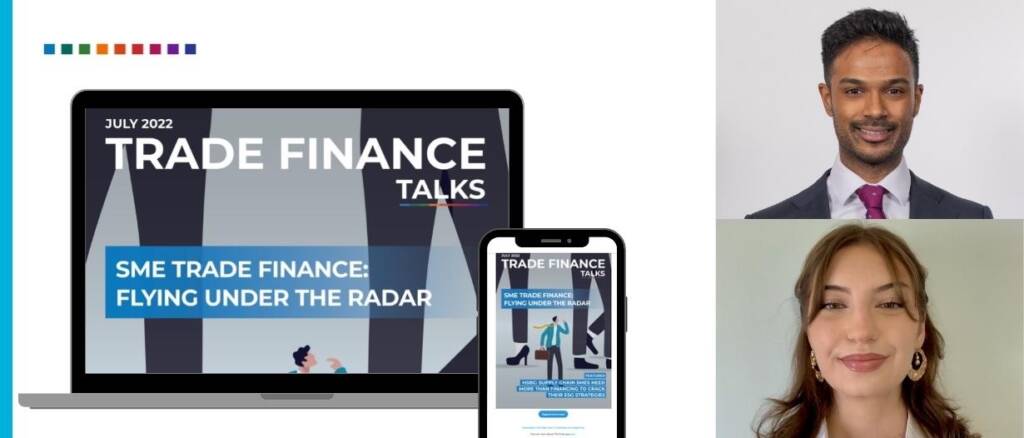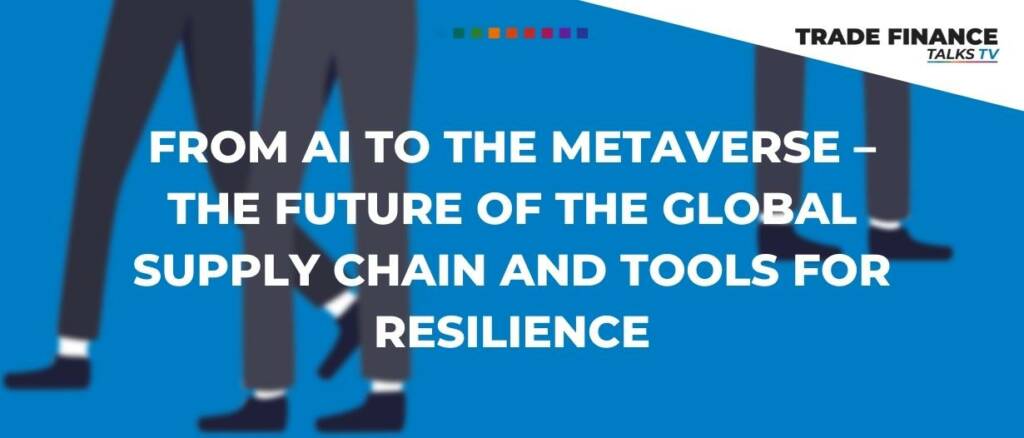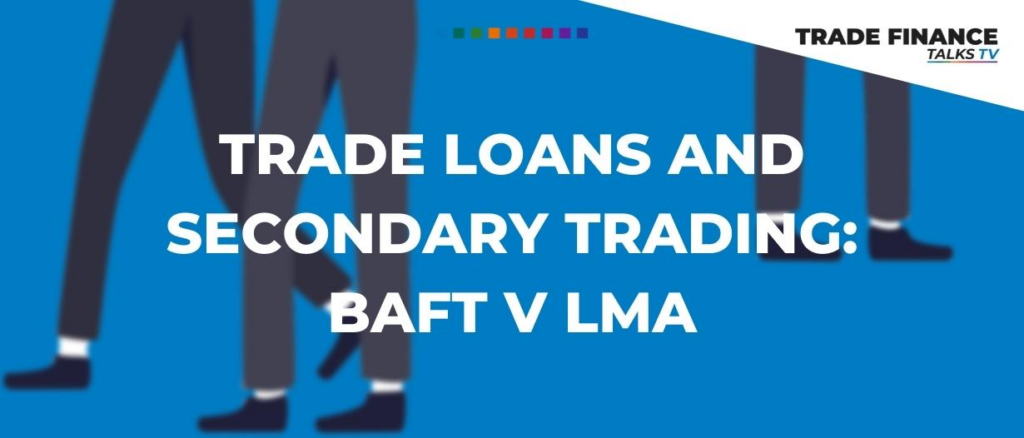TFG spoke to two leading policymakers at the G20 on how to improve financial inclusion for SMEs.
Trade Finance Global are delighted to announce the official release of a new trade and export finance guide in partnership with the Department of International Trade (DIT) and UK Export Finance (UKEF).
TFG spoke to two leaders in the fields of finance and technology about the changing role of Chief Financial Officers (CFOs) and hybrid models for streamlining and future-proofing corporate operational processes.
Trade Finance Global (TFG) are proud to once again partner with International Trade and Forfaiting Association (ITFA) at their 48th annual conference in Porto. In preparation for the conference, TFG caught up with ITFA’s Chairman, Sean Edwards, to discuss some of the key themes.
When considering the world’s best mobile phone markets, your mind likely jumps to cities like Tokyo or Toronto, long before it reaches the likes of Kinshasa or Kampala.
Africa is a dynamic and exciting market of opportunities waiting to be unlocked. Innovation, entrepreneurial mindedness, and the willingness to embrace change for the good of all make this continent and its people as unique as its emerging payments story.
TFG spoke to UCP 600 expert David Meynell, senior technical advisor for the ICC Banking Commission and digital rules advisor to the Centre for Digital Trade and Innovation, to discuss the evolution of the UCP 600 and supplementing rules for documentary credits.
The latest issue of TFG’s Trade Finance Talks, ‘SME trade finance: flying under the radar’ is out now!
Artificial intelligence. The metaverse. What do these tools have in common for supply chains? These are the technological building blocks for the future of the global supply chain – a fully digitised, connected, self-orchestrated ecosystem where even consumers hold decision-making power.
Trade loans are used to finance transactions involving import or export trading and reflecting different stages in the commodity trade cycle, from pre-export financing to borrowing base facilities.
All trade loans, however, are used to finance imports, exports, or other trading transactions.















